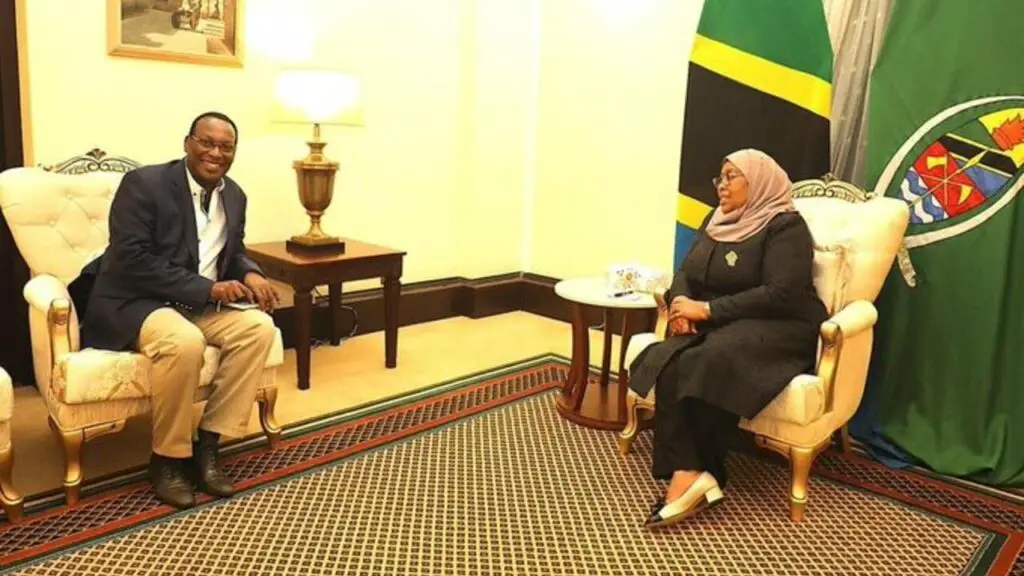Politics in Tanzania are now taking a different shape compared to the past five years. Opposition parties in Tanzania, such as CHADEMA and ACT are collaborating with the main leading party CCM to put the nation in the right economic boost trajectory. Over the past two decades, East Africa has witnessed how political instability has
[elementor-template id="94265"]
